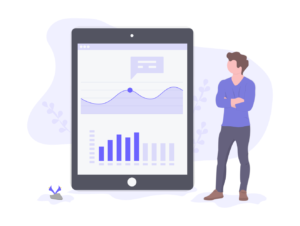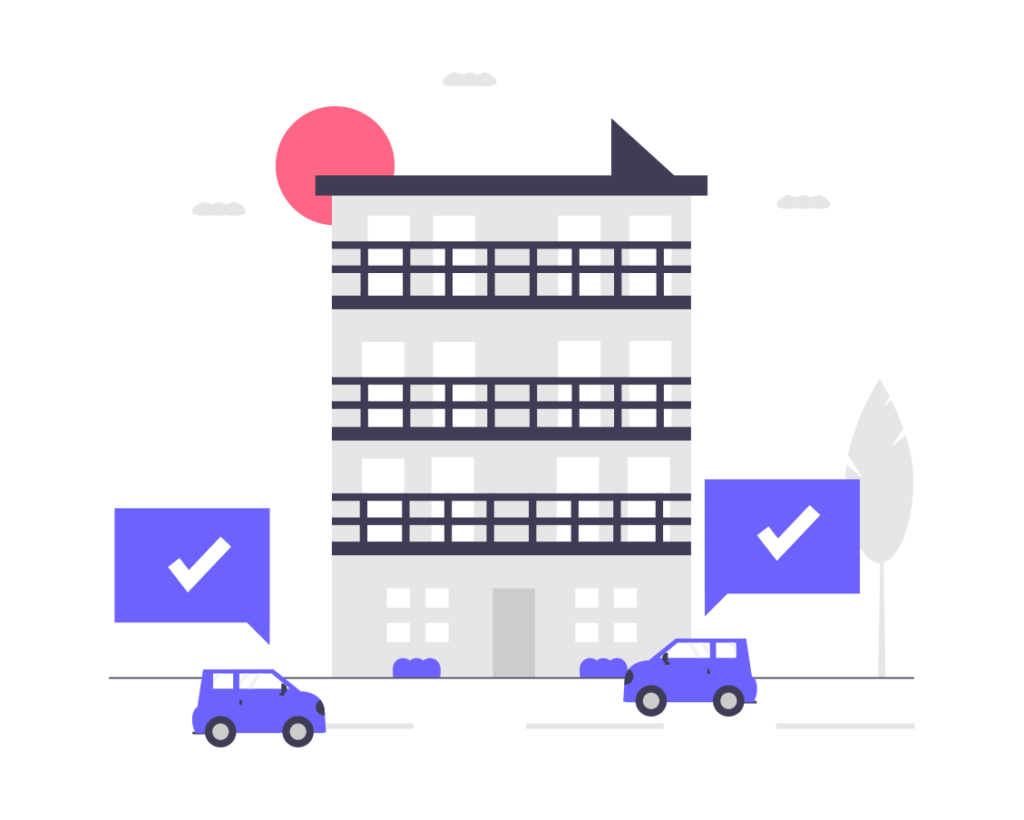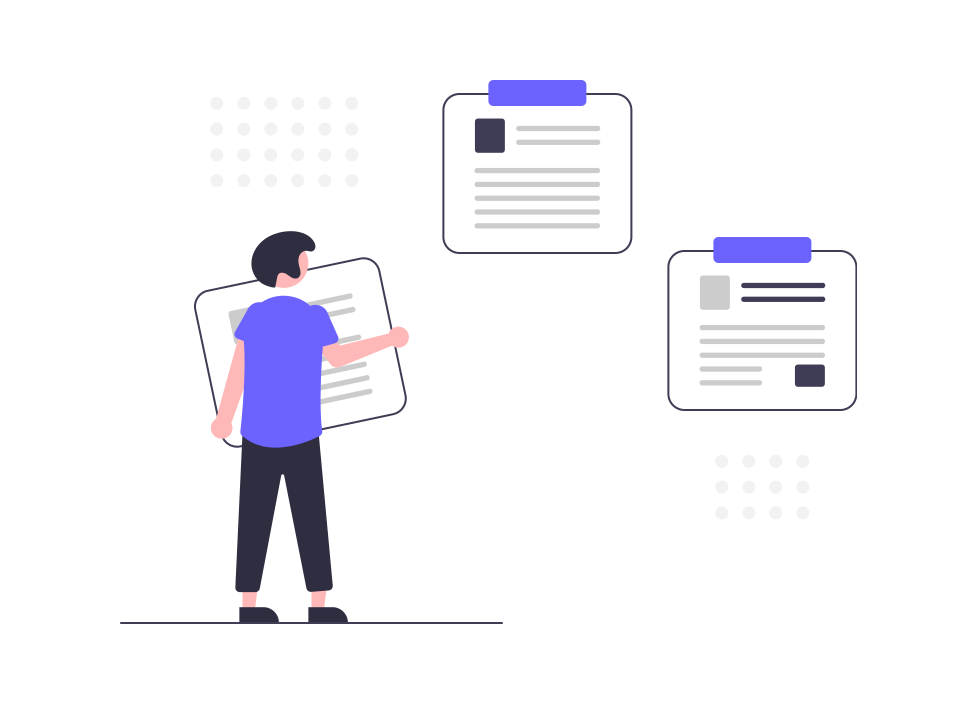What are tax deductions and how can you claim them?
If you’ve started a new business, it’s important for you to know that the government offers support to help you save money on many of the various running costs you may incur. Tax deductions, or tax relief, refers to allowances granted on the payment of tax for amounts spent on certain job-related expenses.

Let’s imagine that for this taxable period, you’ve earnt £7500 in profit. If you had spent £2500 on what the government considers ‘allowable expenses’ – essential business costs like phone bills or fuel costs – you would only have to pay tax on £5000 of profit! Allowable expenses are great as they encourage reinvestments that allow your business to grow.
So, what kind of expense can you claim as tax deductions?
An important distinction in what categorises something as being tax deductible has to be made. This distinction is between ‘allowable expenses’ and ‘capital allowances’. As mentioned above, allowable expenses are essential business costs. A capital allowance, on the other hand, can be claimed when you spend money on an asset, like a car, that you use as part of your business.
The list of what can qualify as an allowable expense is a long one, so we’ve separated them out into specific categories. Remember, another important distinction is whether what you’re claiming is a personal or business expense. Tax relief is only given on business expenses.
Take a look below and see where you could be eligible for tax relief!
Office expenses
As long as the costs relate to the running of the business and not personal needs, expenses can be claimed on a number of office-related items. The government suggests that, for office items specifically, you can make a claim for items that you would normally use for less than 2 years. This includes:
- stationery, like pens, staples and paper
- any phone, fax, mobile or even broadband bills incurred within that period
- printing costs incurred within the taxable period on printer ink and cartridges
- any computer software including subscription based ones that may last for longer than 2 years
As well as stationary based expenses, you can also make claims relating to the business premises, for things such as:
- leasing fees for your office space (you can’t make a claim for purchasing property)
- security systems to help protect your business
- utility bills, like gas and electric, that help power your office space
- property insurance to protect you from damage or theft
These expenses really can add up, especially over a year long tax period. Make sure you keep receipts of each purchase so you can claim tax relief at the end of the tax year.
Travel expenses
It’s quite common to need to travel for business reasons. Whether you’re travelling to interact with your customers or to make a business trip to a supplier, it could cost you money to make these journeys that help indirectly bring in revenue. Thankfully, claims can be made for many of these costs, such as:
- fuel and parking costs
- insurance fees for company vehicles
- hiring charges to rent a car
- train or bus fees
- hotel rooms

Although you cannot claim for fines or journeys between work and home, these claims could help save you money for business related trips.
Legal and Financial expenses
Legal and financial expenses can range from any of the following:
- charges to your company credit card or overdraft fees
- any kind of insurance policy
- the cost of hiring accountants, bookkeepers and/or solicitors
You can’t use this scheme to pay any fines you may have incurred. However, tax relief from the aforementioned legal costs could be really helpful in giving your business some breathing space to grow.
Staff expenses
Hiring staff is a mutually beneficial relationship. They can help you manage a workload and provide valuable benefits to your business. On the other hand, your business can help people gain experience and earn a salary. Tax relief can be claimed as allowable expenses for the following:
- staff salaries and bonuses
- pension schemes
- agency fees
- employee benefits like dental insurance
- employee training, like refreshers courses, that can help develop valuable skills for your staff
- staff uniforms or, if necessary, protective clothing
Getting relief from these expenses can be particularly helpful as hiring staff can be integral in helping your business to grow.
How do I claim these expenses?

Once you, or your bookkeeper, has identified where you qualify for business-related tax relief, you must record these on your Self Assessment tax return.
To keep track of all these expenses, it’s wise to maintain an accurate record of all your financial transactions throughout the tax year. You can do this yourself or with a professional bookkeeping service like ours.
You should keep receipts for all of the purchases above, in case HMRC (HM Revenue & Customs) request them, although you do not need to submit proof expenses when you initially submit your Self Assessment. It is, however, extremely important to keep up-to-date and accurate records of your financial transactions.
These tax deductions can make a huge difference for a business in its early stages. It can help you invest money into your business and help it successfully grow.
Keep an eye on the money you spend in the tax year and see if you qualify for any of those listed above!